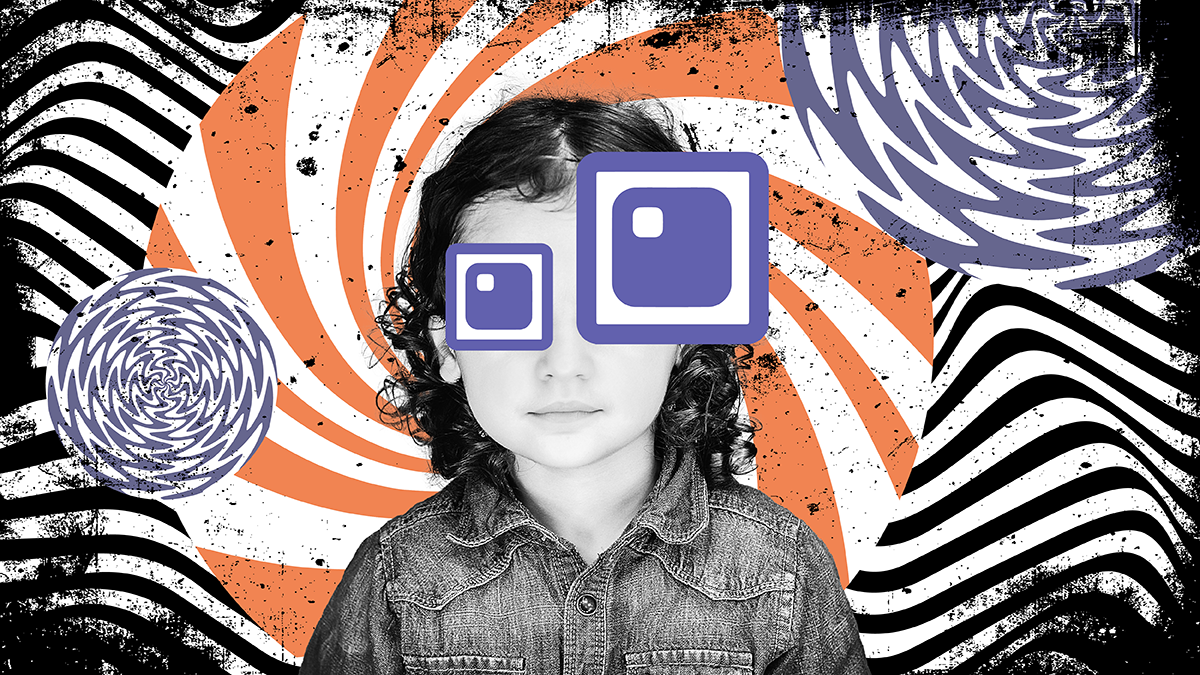Square Eyes
Study indicates the surprising links between lower myopia risk and television
It might seem rather counterintuitive that watching television could actually benefit your eyesight. But that’s exactly what new research claims… at least, to a degree. The BMC Ophthalmology Mendelian randomization (MR) study (1), published in March 2024, indicates that “leisure television watching” (is there any other kind?) can act as a protective factor against myopia, reducing the risk of developing poor vision as one gets older.
The authors noted that this observation might be partially explained due to the fact that, because television screens have become larger and more common in households, they are having less negative impact on refractive change in viewers, as well as acting as a less harmful alternative to video gaming. The study also noted that – perhaps less surprisingly – moderate-to-vigorous physical activity (MVPA) was another factor associated with lower myopia risk.
However, “leisure computer use” – a task viewed as less passive than television watching by the authors – was found to be causally related to increased myopia risk, and a significant contributor to the myopia pandemic. The authors believe that these findings could offer future researchers “new insights into the potential mechanism for predicting myopia occurrence and progression.”
This article first appeared in The Ophthalmologist.
References
- XB Zhang et al., “Potential causal associations between leisure sedentary behaviors, physical activity, sleep traits, and myopia: a Mendelian randomization study,” BMC Ophthalmol, 24, 104 (2024). PMID: 38443833.
The New Optometrist Newsletter
Permission Statement
By opting-in, you agree to receive email communications from The New Optometrist. You will stay up-to-date with optometry content, news, events and sponsors information.
You can view our privacy policy here
Most Popular
Sign up to The New Optometrist Updates
Permission Statement
By opting-in, you agree to receive email communications from The New Optometrist. You will stay up-to-date with optometry content, news, events and sponsors information.
You can view our privacy policy here
Sign up to The New Optometrist Updates
Permission Statement
By opting-in, you agree to receive email communications from The New Optometrist. You will stay up-to-date with optometry content, news, events and sponsors information.
You can view our privacy policy here







